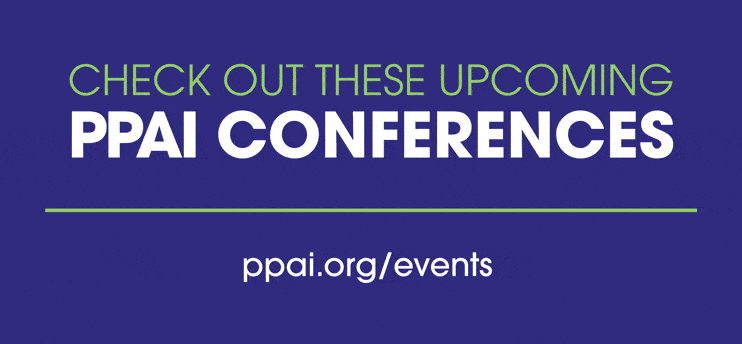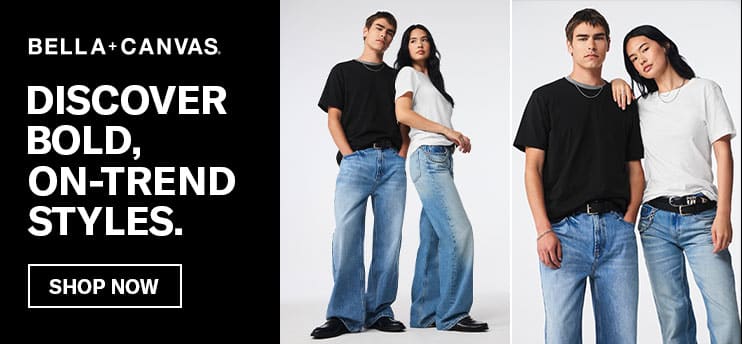The resurgent COVID-19 pandemic has energized the debate around vaccination requirements and some businesses, municipalities and other entities have implemented the need to present proof of vaccination before entry. Such requirements present a challenge, however, in determining whether or not such proof is authentic. Dr. Tashof Bernton, an internal and preventative medicine physician in Denver, Colorado, and developer of Immunaband, a company specializing in vaccine verification and information availability, has shared advice on how to identify fake vaccine cards.
Businesses, particularly those that operate nationally or internationally, face a two-fold challenge, Dr. Bernton notes. The first is determining a vaccine card’s authenticity and the second is moving quickly to implement vaccine requirements.
Dr. Bernton offers a few ways to determine if a vaccination card is real. These include evaluating logos and making sure lot numbers match. Another is to check if the card is fully printed. He says that he has never seen a card that did not include a handwritten component. And for two-dose vaccinations, the handwriting for each dose will likely be different as it is rare for the same person to administer both shots as they are so far apart. When a business receives a non-standard card, they should call the facility that issued it for verification. Dr. Bernton acknowledges that this is time-consuming and places a lot of burden on businesses, but it’s the only way to really know that a card is legitimate.
“Businesses have tremendous challenges to do this effectively,” Dr. Bernton says. “With employees and customers all over the country, there’s no way to get 100-percent verification. Potential HIPPA issues are also a concern for companies trying to verify whether their employees and customers have been vaccinated. Some state-specific mobile apps are limited and only go so far. For instance, you can be limited in using the app only in that state and it may not officially be recognized by another state or country.”
Dr. Bernton expects mask mandates to become more common, at least in the short term, due to the rise in the Delta variant.
“There’s no way to know if the Delta variant will lessen like it did in Britain,” Dr. Bernton says. “The next 30-60 days are likely to see an upswing in COVID cases, but after that, the crystal ball gets really murky. The key is ensuring trust in the process and an environment of safety in the workplace and for businesses.”


